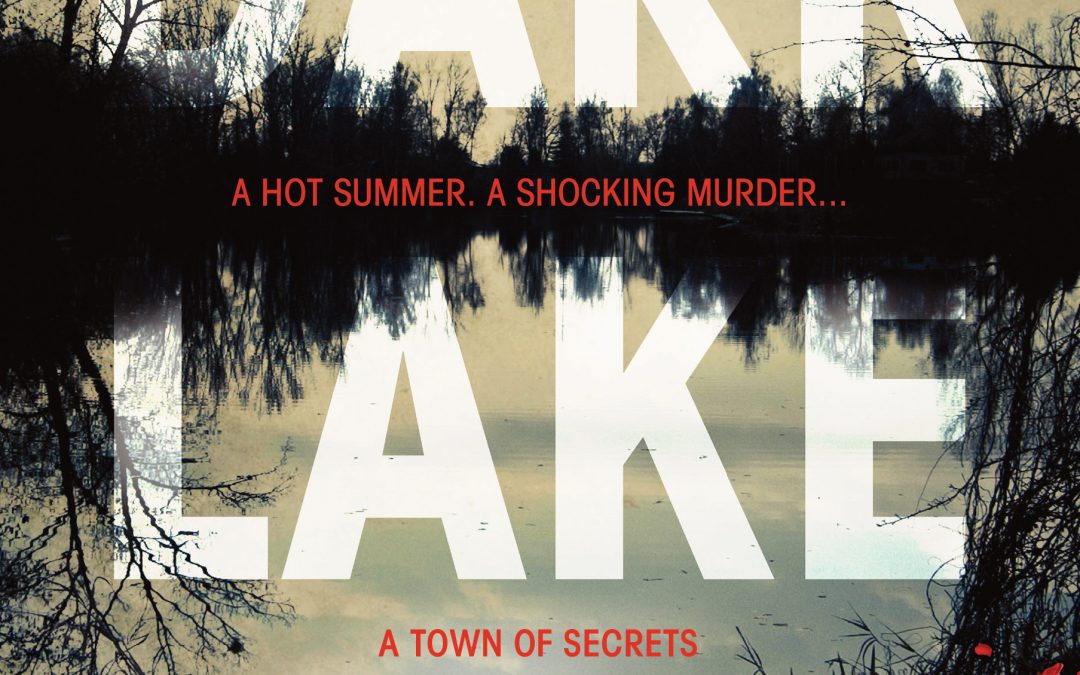The Dark Lake (Allen & Unwin Books 2017) is another great debut crime novel by an Aussie woman. Sarah Bailey has written a page-turning psychological thriller / mystery full of conflicting facts and leads, and plenty of suspects with a range of motivations.
Rosalind Ryan has been found dead in the local lake, the water around her body strewn with red roses. Detective Sergeant Gemma Woodstock is on the case, but from the very beginning conceals the fact that she attended school with Rose years earlier. As the plot thickens – with the wealthy Ryan family full of secrets and lies, the local school (where Rose was a teacher) taut with simmering sexual tensions, and the small town rife with suspicions and allegations – we gradually discover that Gemma not only has her own secrets, but is an unreliable narrator, feeding us pieces of information gradually, and distorting our perception of the crime and her own background as the history is revealed. Also, Gemma’s personal life is chaotic – she lives with Scott, but only because they have a child together. She’s in a relationship with her fellow officer, Felix, but he’s married with three kids. And she yearns for her first love, Jacob, who suicided years earlier in the town; she has never fully recovered from his death.
We are treated to multiple points of view in the story – primarily from Gemma herself, in first person, as she remembers the past and recounts the present. But we also hear from other characters, some only minor, as they relay particular events. This gives us the advantage of ‘a bird’s eye view’ of certain incidents. The structure, too, is interesting: while most of the book is detailed in chronological order from the discovery of the body (day by day, noting even the time), we are occasionally thrust back into a section entitled ‘Then’ or ‘Three Years Ago’, which fills us in with vital information from the past.
Like all good books of this genre, the author makes use of the unreliable narrator to great effect. We are disposed to believe her first-person account, but we gradually realise that not all she says may be true, or perhaps that she is not giving us the whole truth. The ending – which is fast-paced with short chapters – comes with many twists and turns, the narrative threads coming together in a satisfying way. Gemma is flawed – certainly in her uncertainties about her personal life – and this makes her more believable.
Without giving too much away, one aspect the author handled particularly well was the scene where a child goes missing – the overwhelming anguish and grief felt by the parents is raw and emotional.
While there were a few moments of cliched dialogue, and a few situations that seemed predictable, these were generally covered by the tense plot and gripping characterisations. If you loved Girl on a Train, Gone Girl and books of that ilk, The Dark Lake will appeal.

